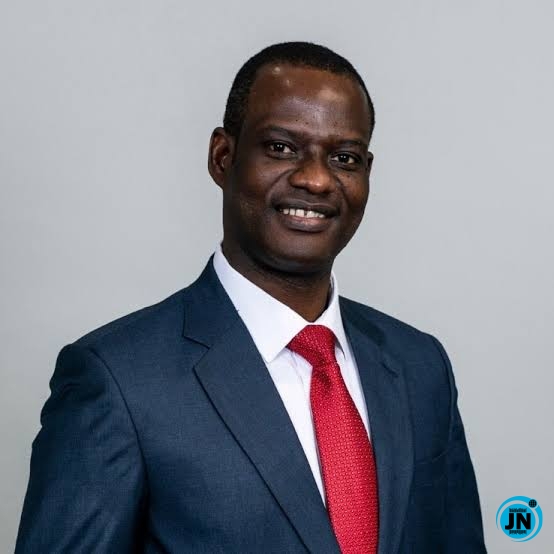Prof. Taiwo Oyedele, Chairman of the Federal Government Tax Reforms Committee, has sparked nationwide conversations after clearly stating that every Nigerian who earns income by rendering a service is expected to pay tax, regardless of whether the work is considered legal or illegal by society. His statement has drawn wide attention, especially after he used runs girls as an example to drive home his point about taxation.
Speaking in detail during an interview session, Prof. Oyedele explained that the tax system in Nigeria is designed to focus strictly on income and economic activity, not on morality or the legality of the service provided. According to him, once a person earns income through any form of service, the tax law automatically recognizes that income as taxable. He emphasized that tax laws are not structured to differentiate between legitimate businesses and unconventional or illegal activities — the main concern is whether money has been earned in exchange for a service or product.

Cash gifts exempted from taxation
[/p]Prof. Oyedele went further to explain that there are certain exceptions within the tax law. Money given as gifts or provided for support and welfare purposes, such as upkeep for family members or friends, is not subject to tax. He stressed that when money is given freely without the recipient rendering a service or selling a product in exchange, it falls under the category of a “non-exchange transaction” and is therefore exempt from taxation.
“If the amount you’re sending to someone is simply money you are giving them for their upkeep or welfare, it is not taxable,” he said. “The law recognizes that as a gift, which is exempt. But if someone earns money because they provided a service, no matter what that service may be, they are expected to pay tax on it.”
Prof. Oyedele’s runs girl example
To make the principle clearer, the tax reform chairman used a controversial but direct example involving runs girls. He explained that although many may not consider their work legitimate, tax law does not judge morality. “If someone is offering a service like that, the law considers it as income from services rendered, and such a person is legally liable to pay tax,” he noted. His bold analogy immediately drew reactions across social media, with many Nigerians weighing in on the matter.
Prof. Oyedele clarified: “The tax system doesn’t ask whether your income is legal or illegal. It doesn’t judge you or separate the two. It only checks whether you made income from providing a service or selling a product. If yes, then you are required to pay tax.”
Mixed reactions trail statement
His comments have sparked diverse opinions online. While some Nigerians commended the transparency of the tax laws and his boldness in explaining it with real-life examples, others criticized the use of “runs girls” as an illustration, calling it inappropriate. Nonetheless, the statement has highlighted a critical truth about Nigeria’s tax framework and the need for all income earners to be aware of their tax responsibilities.
Reactions on social media also reflected the divide: some argued that it was unfair to tax individuals in informal sectors without ensuring they get adequate protection and benefits from the government, while others maintained that anyone who earns income must be responsible enough to pay their fair share of taxes.
The bigger picture
Prof. Oyedele’s explanation is part of a broader effort by the Federal Government Tax Reforms Committee to raise awareness about tax obligations, close loopholes, and increase revenue for national development. His remarks underline the reality that Nigeria’s taxation system prioritizes income generation over the moral or legal framework behind it, and as such, everyone who earns money from providing goods or services is expected to contribute.
Watch video below …
If you’re doing runs girl’, it means you’re rendering a service. Therefore, you’re liable to pay tax”. Tax law doesn’t care if it’s legal or illegal
~ FG Tax Reforms Chairman, Prof. Taiwo Oyedele says pic.twitter.com/zkSZOcfKsd
— Nigeria Stories (@NigeriaStories) September 29, 2025